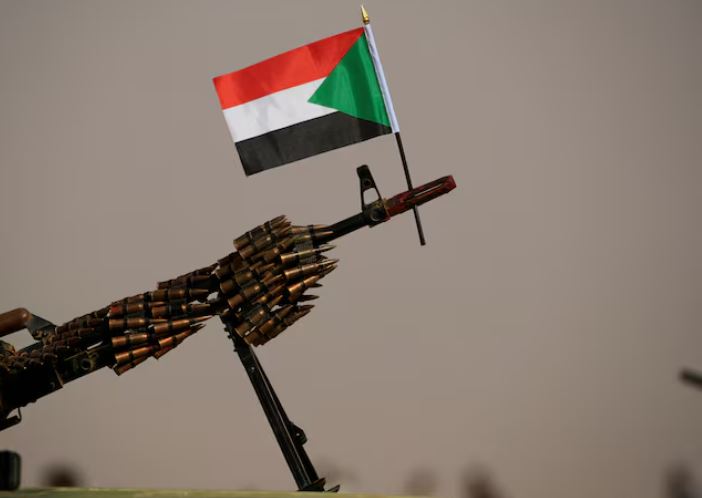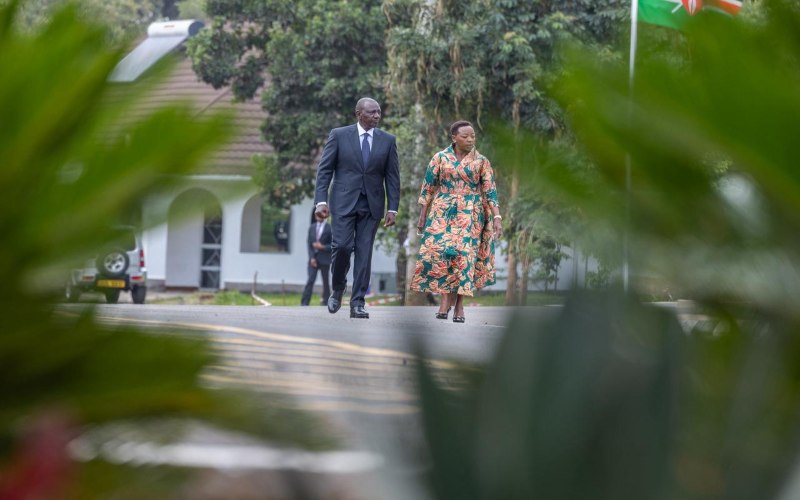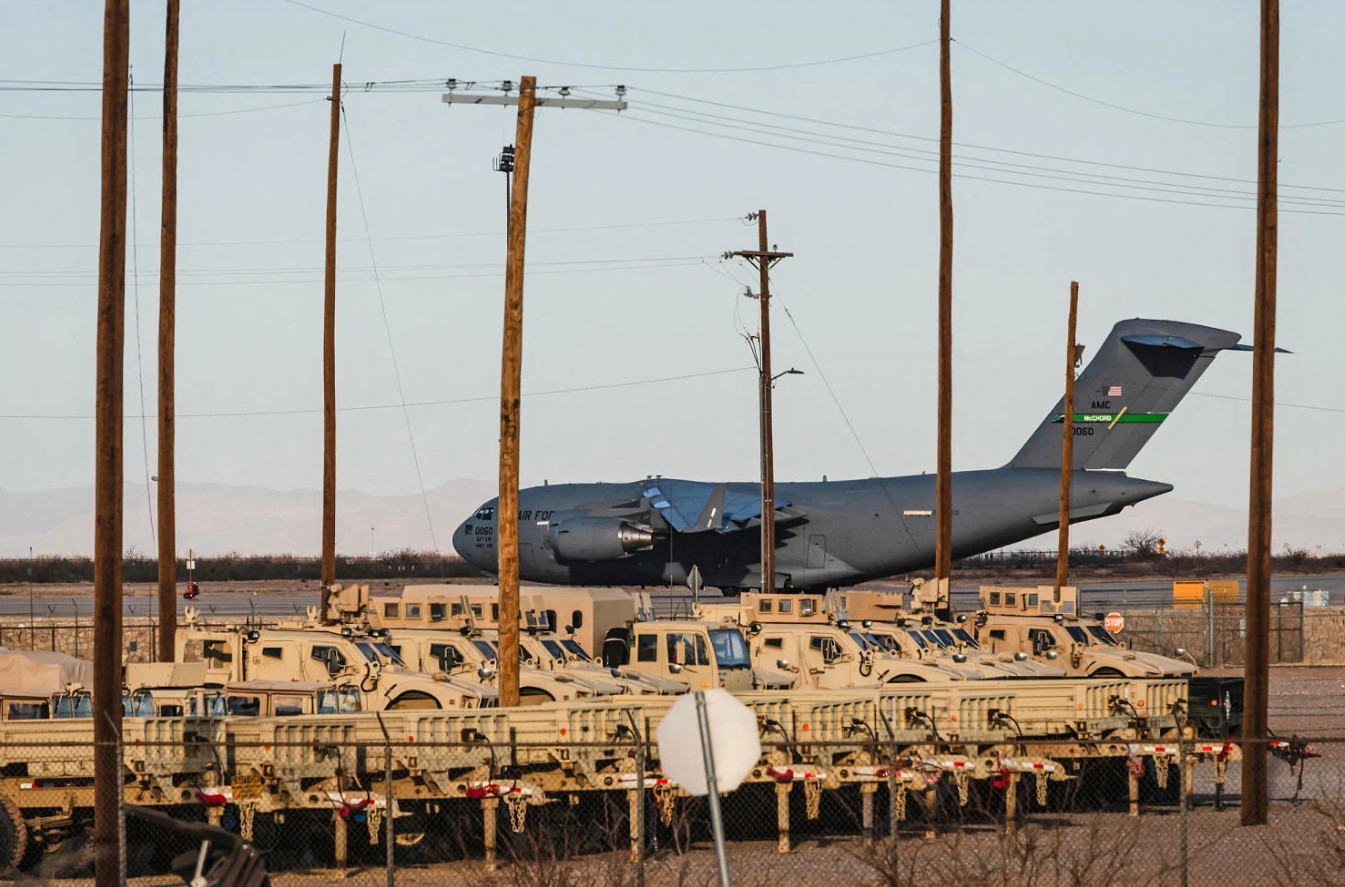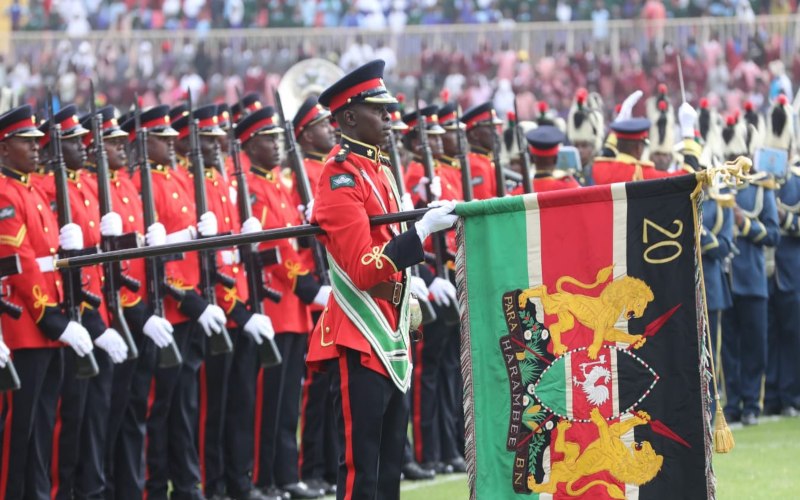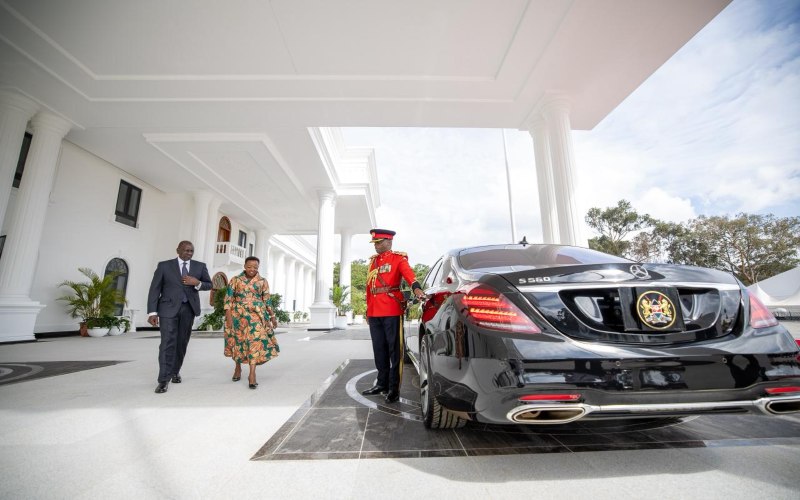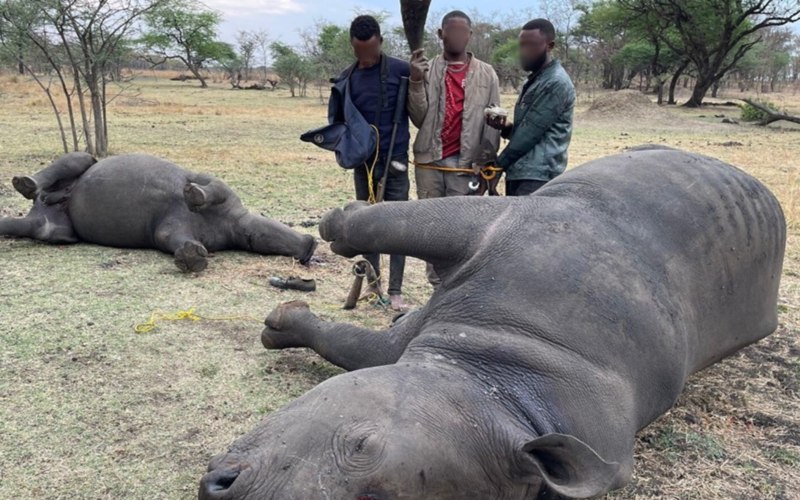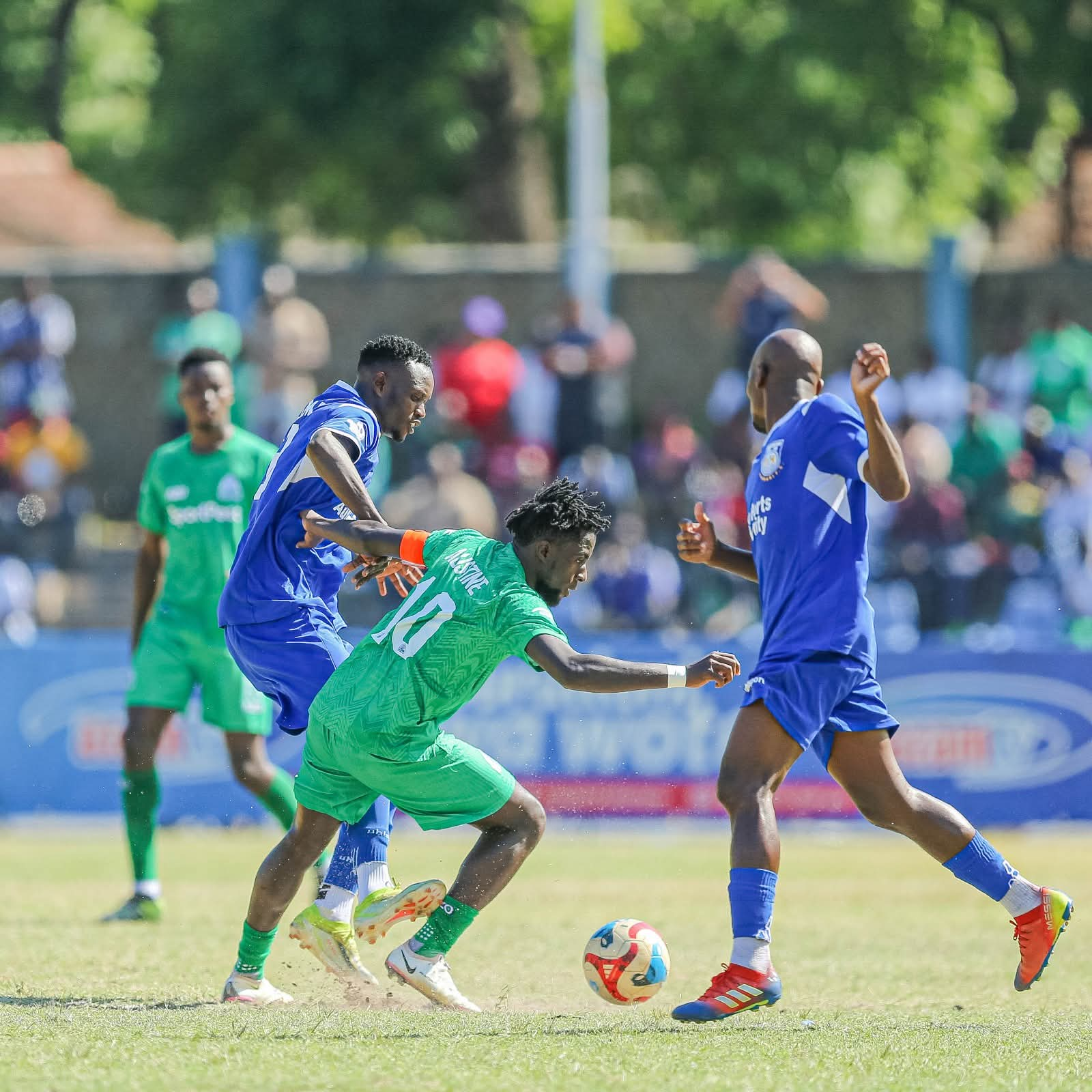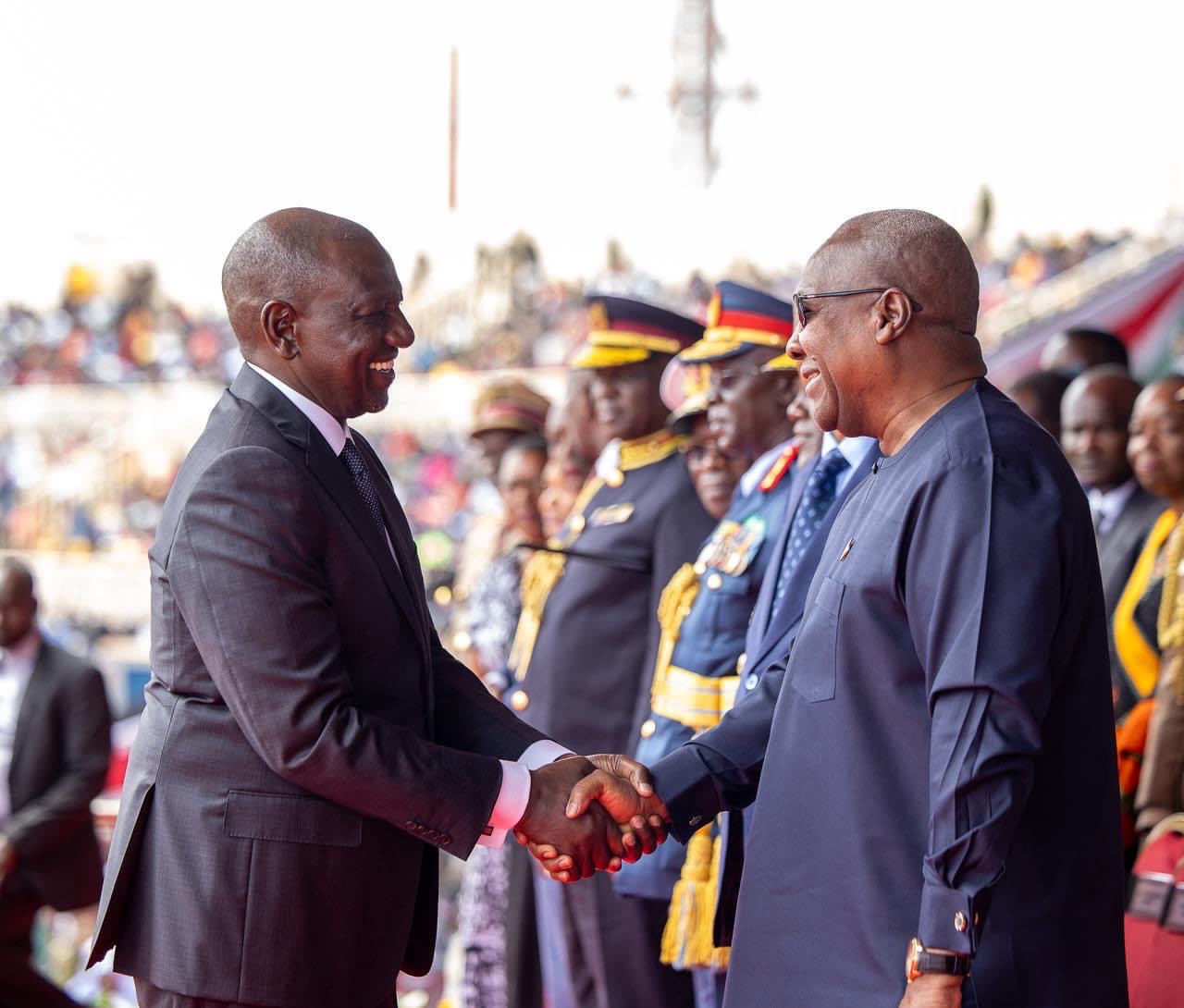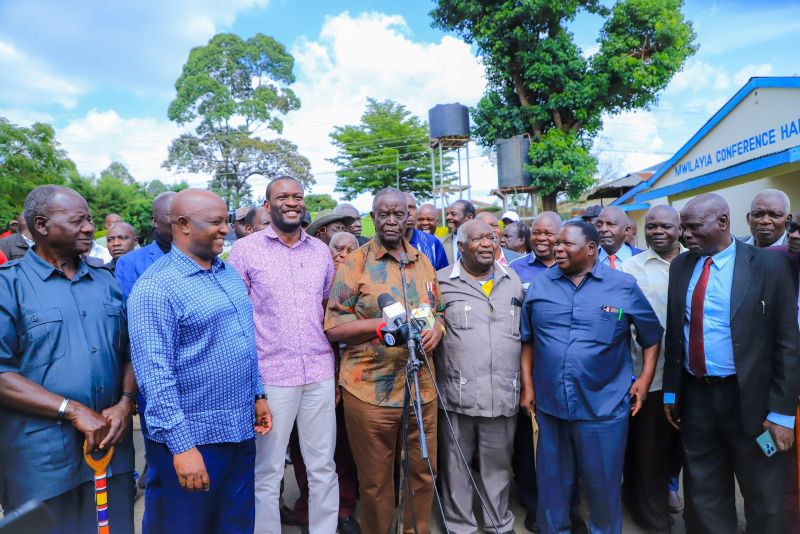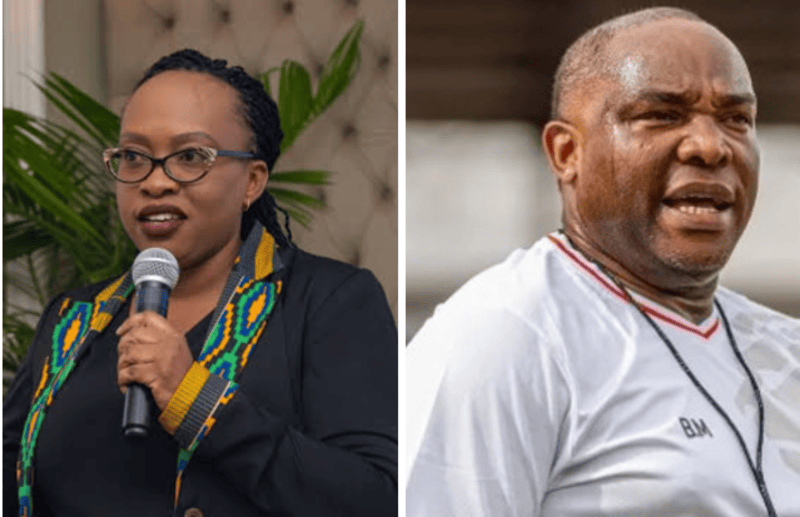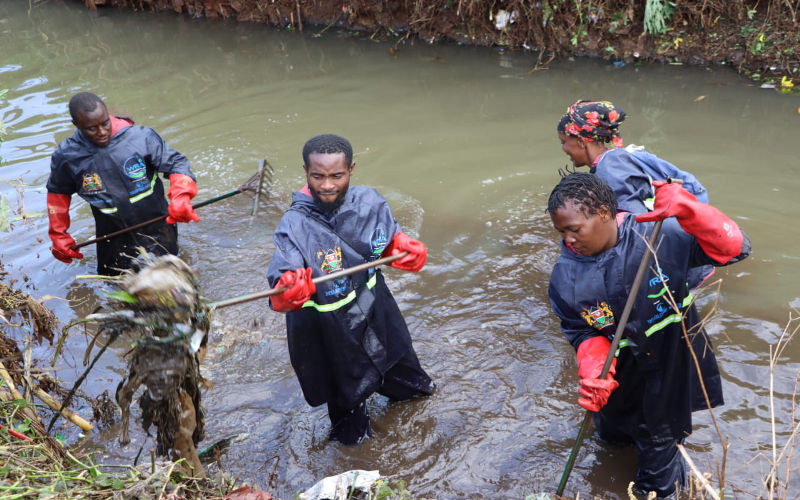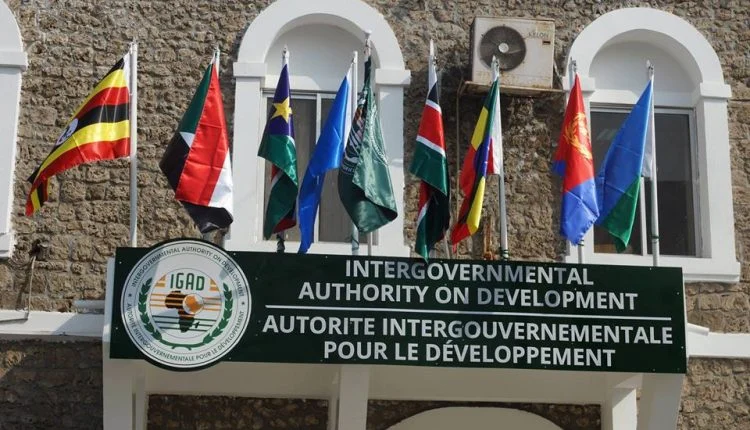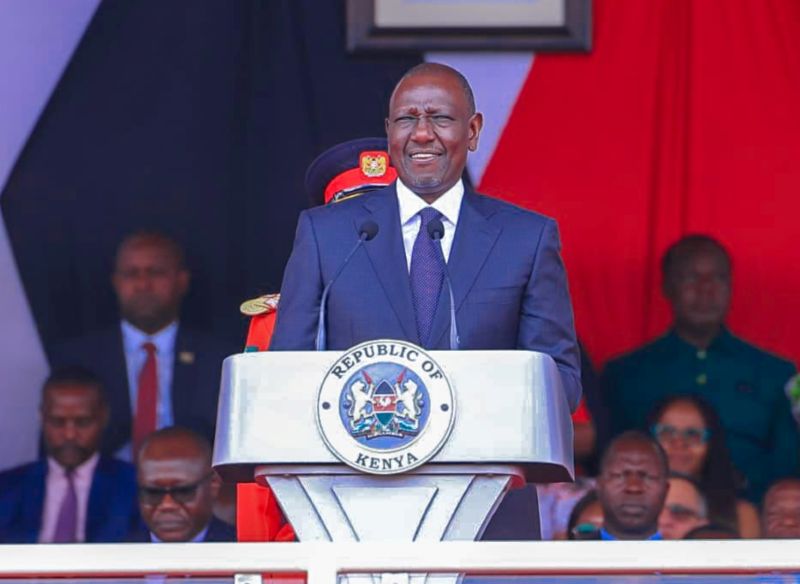AU, IGAD and UN urged to push Sudan rivals back to negotiations amid worsening conflict
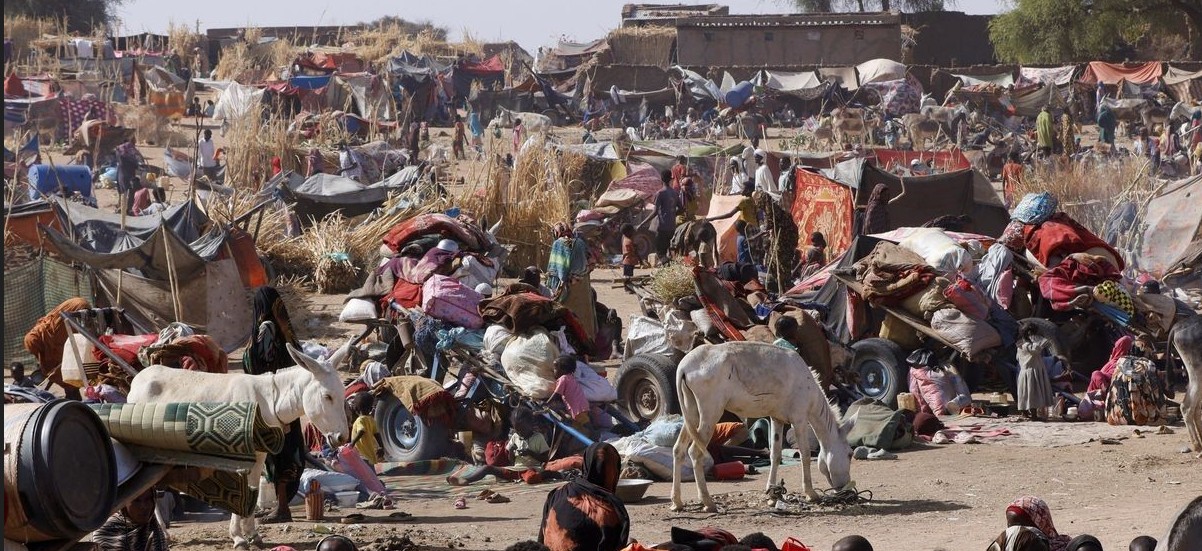
At a high-level meeting on Thursday, participants of the Nairobi Panel on the Humanitarian Crisis in Sudan called for an immediate end to military operations, stressing that only inclusive political dialogue can deliver lasting peace and stability.
The Intergovernmental Authority on Development (IGAD), the African Union, and the United Nations have been urged to pressure Sudanese forces to halt hostilities and resume negotiations, as the country’s humanitarian crisis reaches alarming levels.
At a high-level meeting on Thursday, participants of the Nairobi Panel on the Humanitarian Crisis in Sudan called for an immediate end to military operations, stressing that only inclusive political dialogue can deliver lasting peace and stability.
More To Read
- ECOWAS endorses John Mahama as West Africa’s candidate for AU chair in 2027
- IGAD regrets Eritrea’s ‘premature’ withdrawal from regional bloc
- Eritrea withdraws from IGAD for second time, citing ‘failure to meet aspirations of the region’
- AU warns of rising violence in DR Congo and Great Lakes region amid M23 advance
- South Sudan deploys forces to secure Heglig oil field after Sudan RSF capture
- Sudanese herders struggle to safeguard livestock amid devastating war
The panel voiced deep concern over the ongoing conflict, which has displaced millions, destroyed livelihoods, and threatened regional stability.
“The people of Sudan have endured enough. The continuation of a military solution only deepens the cycle of violence, destruction and despair. No battlefield victory will ever bring peace, justice, or stability to Sudan; only an inclusive political settlement can do so,” the members said.
They urged IGAD, the African Union, and the United Nations to exert maximum pressure on the Sudanese Armed Forces and the Rapid Support Forces to stop fighting and return to the negotiating table. The panel warned that reliance on military solutions would only worsen the crisis, insisting peace could only come through political dialogue.
Broader humanitarian access
The group also called for broader humanitarian access to protect civilians and ensure aid delivery without obstruction. It emphasised the need for an inclusive political process that involves women, youth, civil society, faith-based organisations, and marginalised communities.
Establishing a transitional government with full civilian authority to lead Sudan toward free and fair presidential and legislative elections was identified as a critical step.
“Sudan stands at a critical crossroads. The future of its people cannot be determined by violence… Silence, procrastination and inaction are complicity. Sudan needs peace now. We must break the silence and silence the guns,” the panel warned.
High-level participants included Amb. Amina Mohamed, Founder of Alive; Arnauld Akodjenou, Special Adviser for Africa at the Kofi Annan Foundation; and Barnaba Marial Benjamin, former Minister of Foreign Affairs and International Cooperation of South Sudan.
Despite the continuing war, some areas of Sudan have seen the return of more than one million internally displaced people, alongside 320,000 others who crossed back mainly from Egypt and South Sudan since last year. Many are returning to Khartoum, Sennar, and Al Jazirah States, despite the severe impact of conflict there.
Desperate call to end war
“More than evidence of people’s desire to return to their homeland, these returns are a desperate call for an end to the war so that people can come back and rebuild their lives,” said Regional Refugee Coordinator for the Sudan crisis, Mamadou Dian Balde.
“We urge stronger international solidarity with the Sudanese people uprooted by this horrifying war and with the countries that have opened their doors to them.”
IOM Regional Director Othman Belbeisi underscored the importance of returnees in Sudan’s recovery.
“Those heading home are not passive survivors, they are vital to Sudan’s recovery… We must work alongside local partners to ensure that people return not to shattered systems, but to the foundations of peace, dignity, and opportunity,” he said.
UNDP’s Abdallah Al Dardari, Director of the Regional Bureau for Arab States, warned of the urgent need for action:
“But without urgent action, people will be coming back to cities that are in ruins. We are in a race against time to clear the rubble and provide water, power, and health care… We also need to offer longer-term support for jobs and businesses and address the unseen damage of war, including counselling and legal aid for women victims of violence.”
Meanwhile, fighting rages on in Darfur and Kordofan, forcing hundreds to flee daily. Sudan currently hosts 10 million internally displaced people and about 882,000 refugees and asylum-seekers, with more than 12 million displaced since the conflict began.
Humanitarian efforts remain severely underfunded. As of July 21, 2025, only 23 per cent of the $4.2 billion needed for aid inside Sudan and 16 per cent of the $1.8 billion required for neighbouring host countries had been received.
Relief agencies are working to provide water, health services, and shelter, alongside legal and mental health support for survivors of sexual and gender-based violence, while also planning for debris removal and the restoration of basic infrastructure.
Top Stories Today



